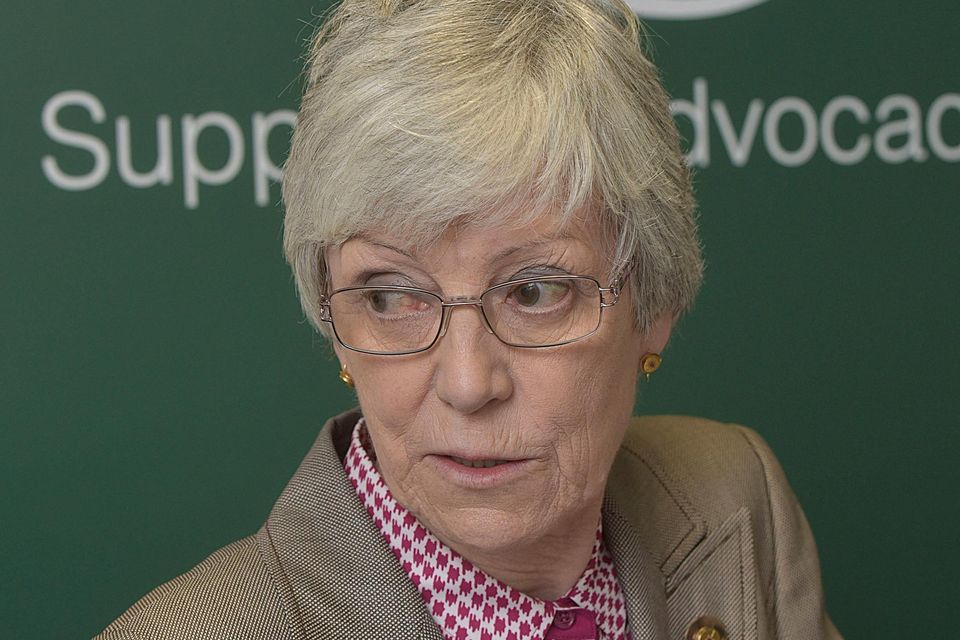Call for public campaign as just one third of adults know of new assisted decision-making law
Patricia Rickard-Clarke, chairperson of Safeguarding Ireland. Photo: Tommy Cancy
Two thirds of adults have never heard of Ireland’s new assisted decision-making law, or have any knowledge of what it is about, prompting a call for a major public information campaign.
A survey by Safeguarding Ireland found there is major ignorance about the law which came into effect last month.
The law is one of the most significant new bodies of social legislation in Ireland for many years and is designed to uphold people’s rights and reduce adult abuse, particularly among vulnerable adults.
The findings in a Red C survey of 1,000 adults showed one third of people said they had heard of the new law and half of those said they still did not know what it is about.
Just 4pc said they had a good understanding of assisted decision-making. Awareness was higher among adults aged over 65 and more advantaged economic and social groups.
Safeguarding Ireland chairperson Patricia Rickard-Clarke encouraged every person, professional and organisation to become familiar with the law and to apply it.
“The new law is about rights, and taking every possible step to assist people to continue making their own decisions about their health, finances, housing, work or personal welfare – even if there are challenges in doing so.
“The Act is of particular importance for people who have challenges with decision-making such as those living with frailty, dementia, an intellectual disability, an acquired brain injury, or mental illness. But it may be important to all of us at certain times in our lives.
“Up until last April, the 1871 Lunacy Regulations (Ireland) Act remained the law being used. It created ‘Wards of Court’ whereby the court took charge of decisions when a person was declared of ‘unsound mind’ and people in authority decided what was in people’s ‘best interests’. However, this is now gone forever – and all 2,000 Wards of Court cases are being reviewed.”
Also included in the law is guidance for doctors, lawyers and financial providers such as banks, on actions they must take to uphold the right of all people to decision-making.
To co-ordinate this major change, a new state agency called the Decision Support Service (DSS) has been established and is responsible for promoting public awareness, registering the new decision support arrangements, providing oversight and resolving issues which arise.
Ms Rickard-Clarke said it is important to clarify the common and completely incorrect “myth” that when someone needs help a next of kin would assume charge of their affairs.
“While next of kin can be an important contact point, a next of kin has no legal standing or authority to act on a person’s behalf.
“To have legal authority, a person must be appointed under one of the five decision support arrangements. We know that there is unacceptable adult abuse, neglect and coercive control in Ireland.
“The aim of this law is to support a person to make their own decisions which will in turn help to prevent, reduce and detect adult abuse.
“Safeguarding Ireland encourages every person, professional and organisation to become familiar with the Assisted Decision-Making Act and to apply it in their lives and work. If these are things that are relevant to you, your family, or your work but you are not sure what to do – please find out more.”














